
Ploumanac‘h lighthouse and rocks
Perros-Guirec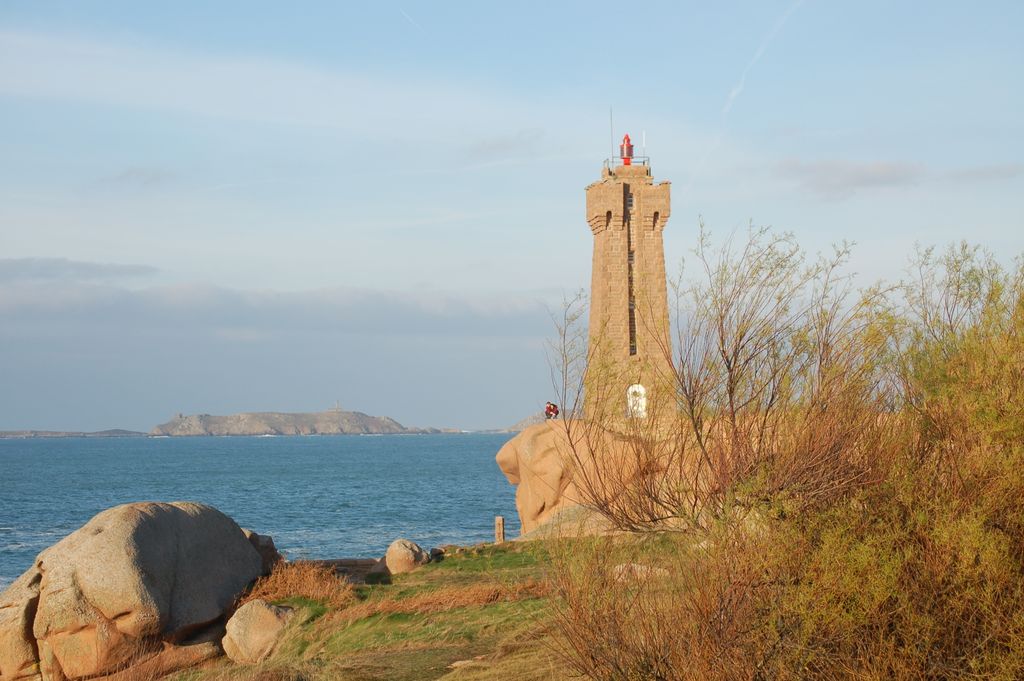
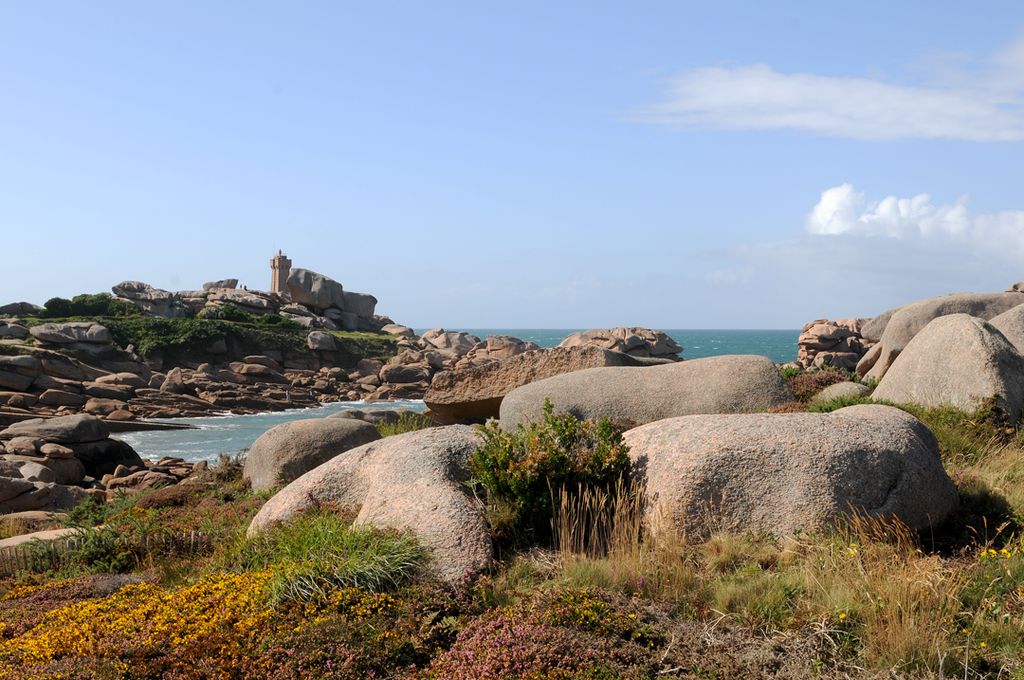
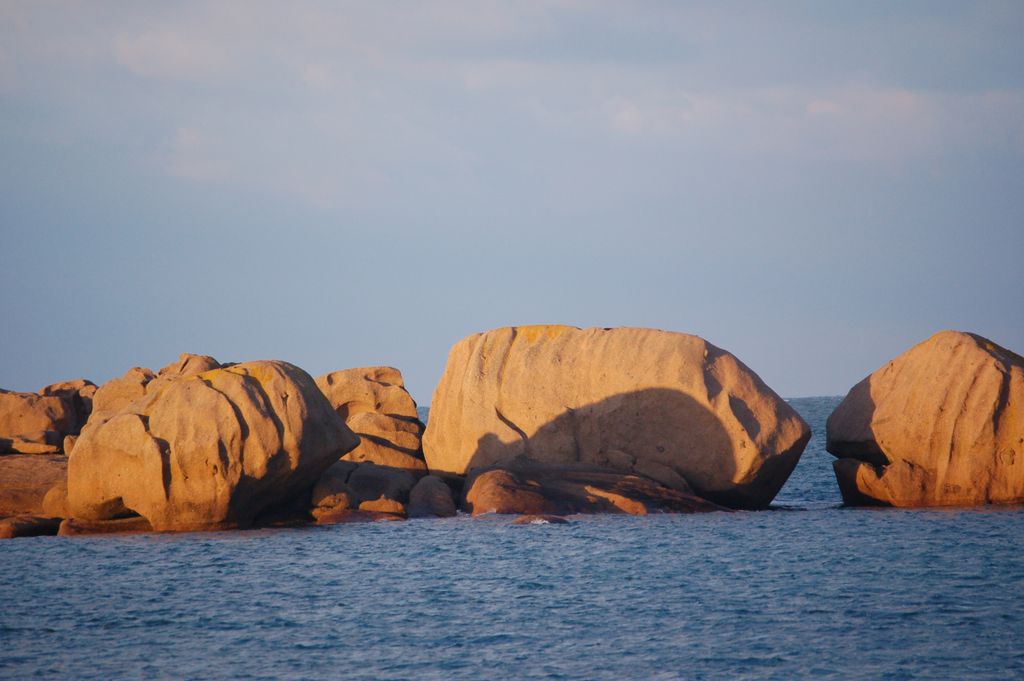
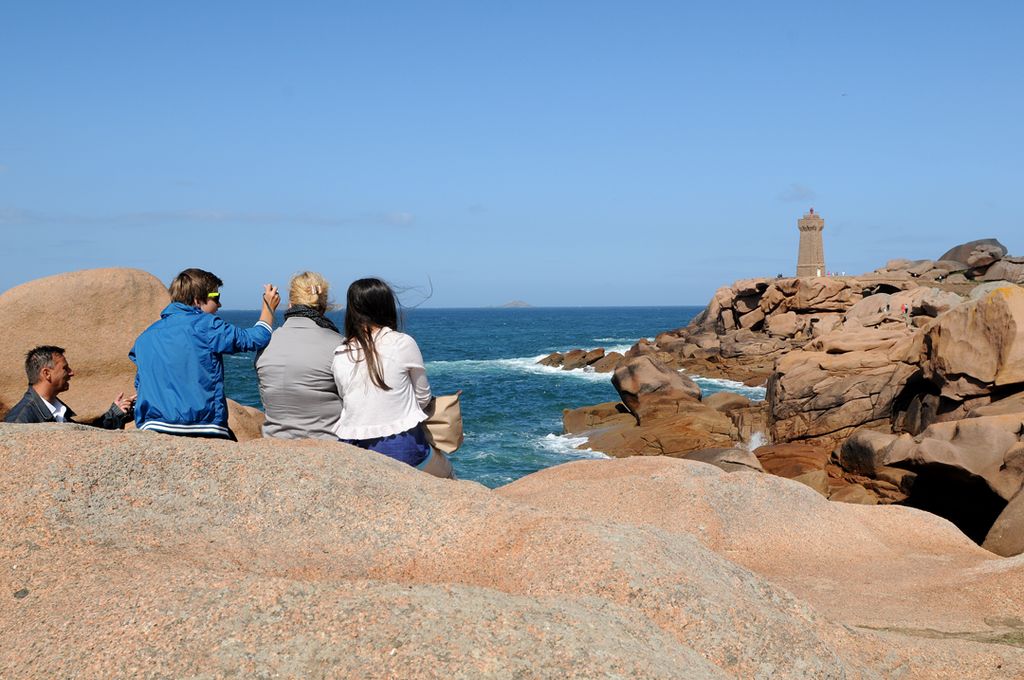

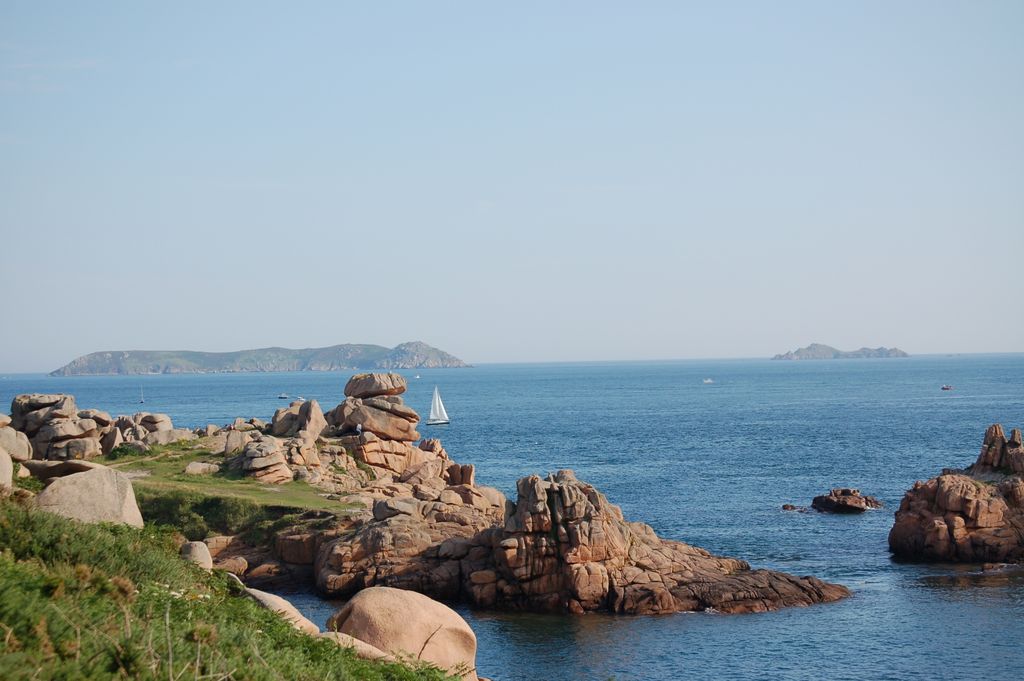
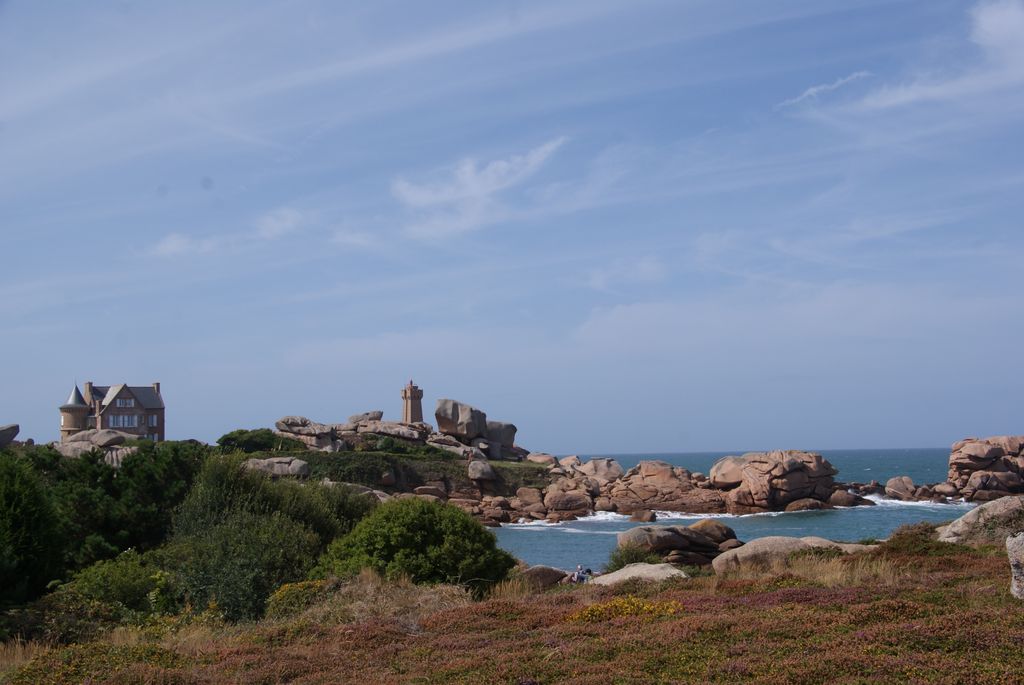
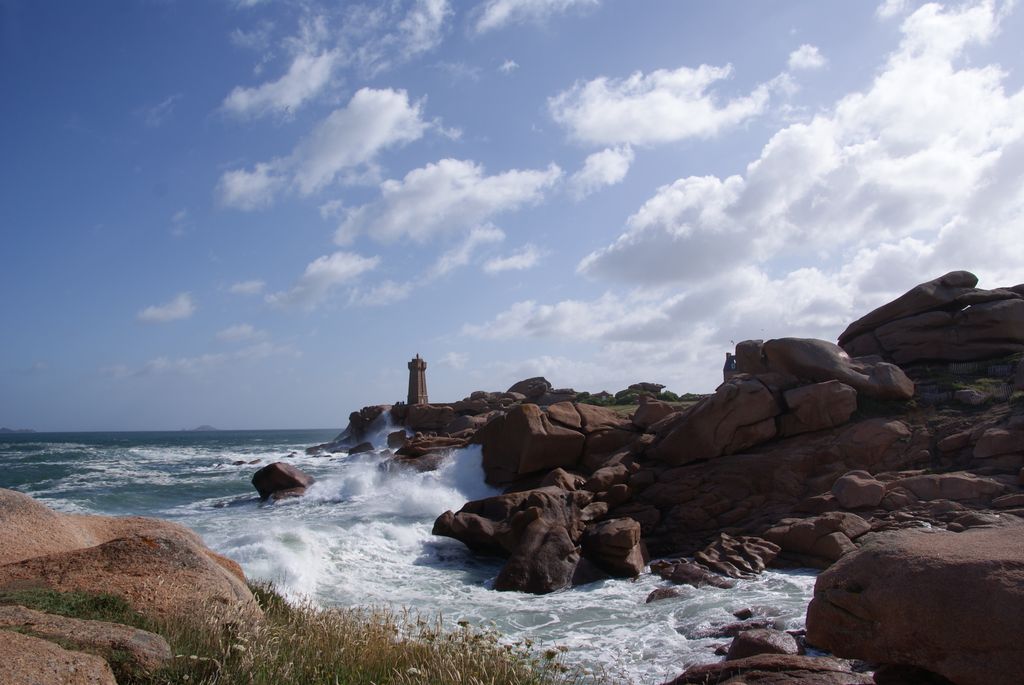
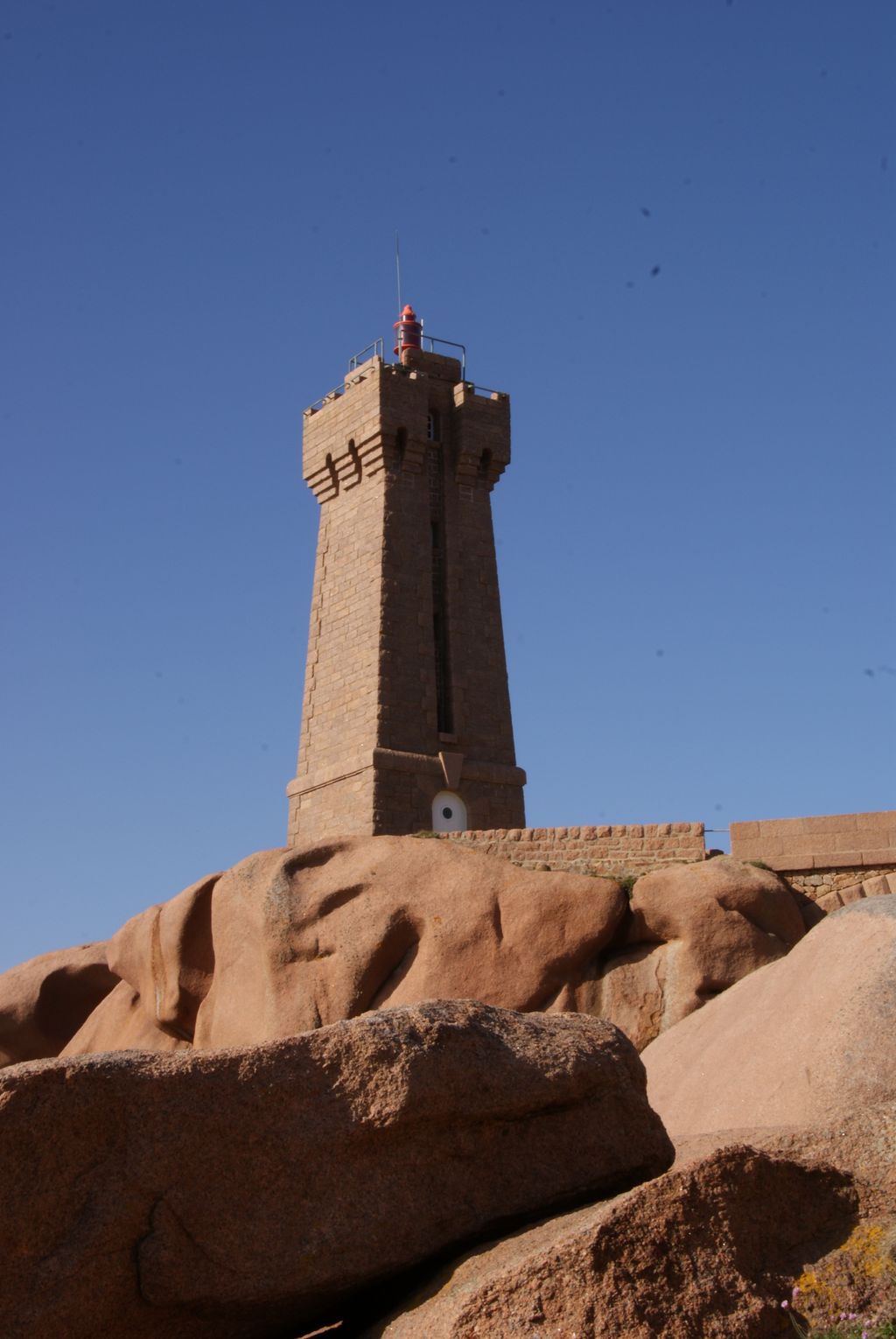
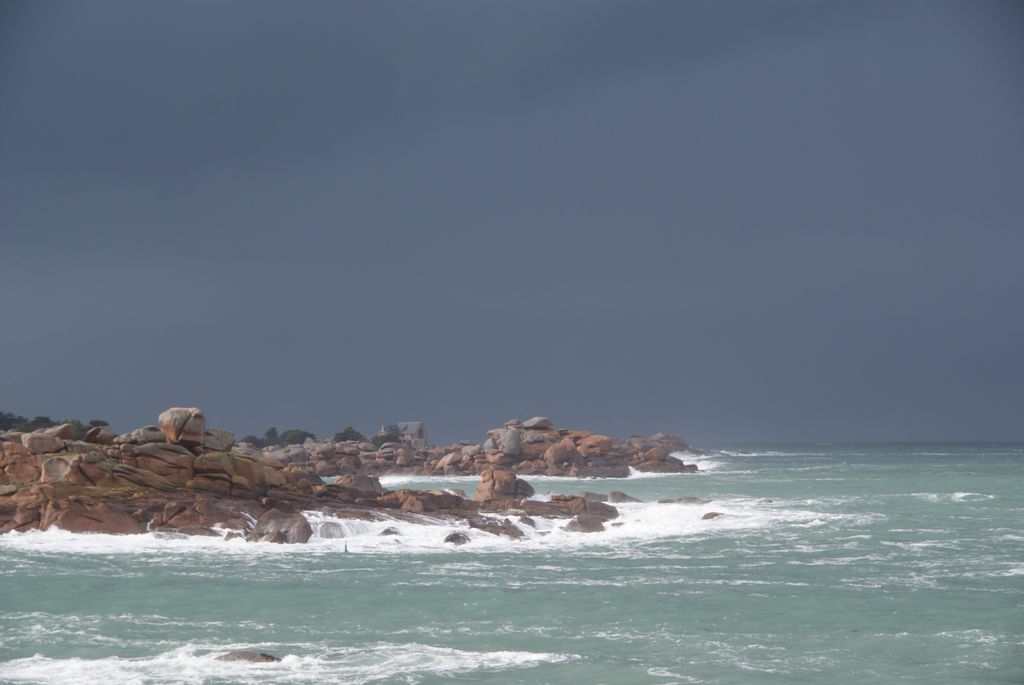
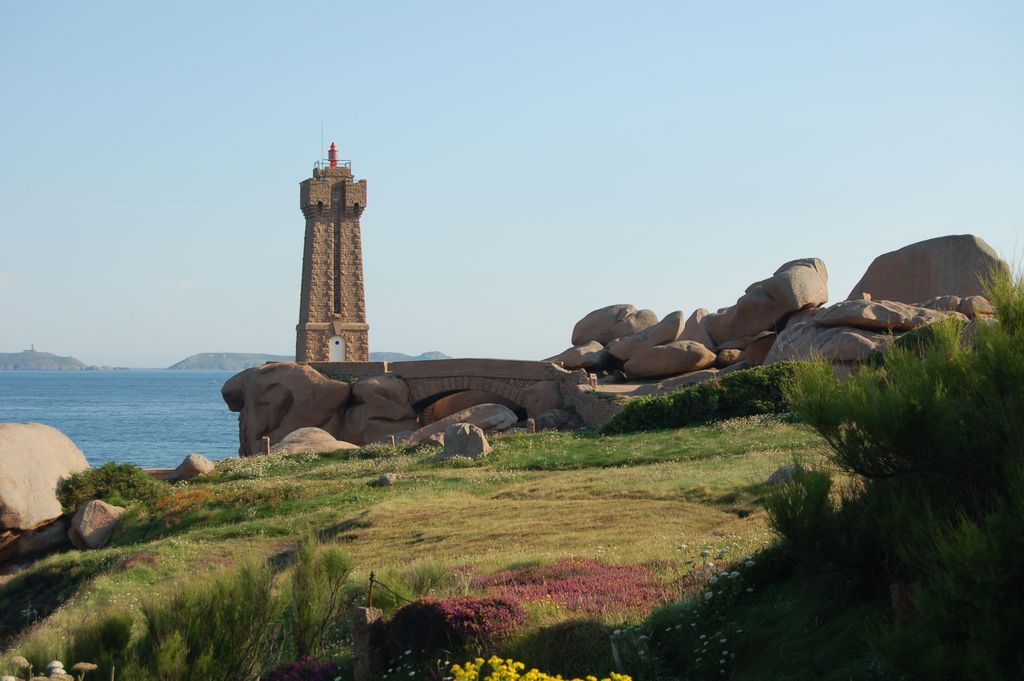
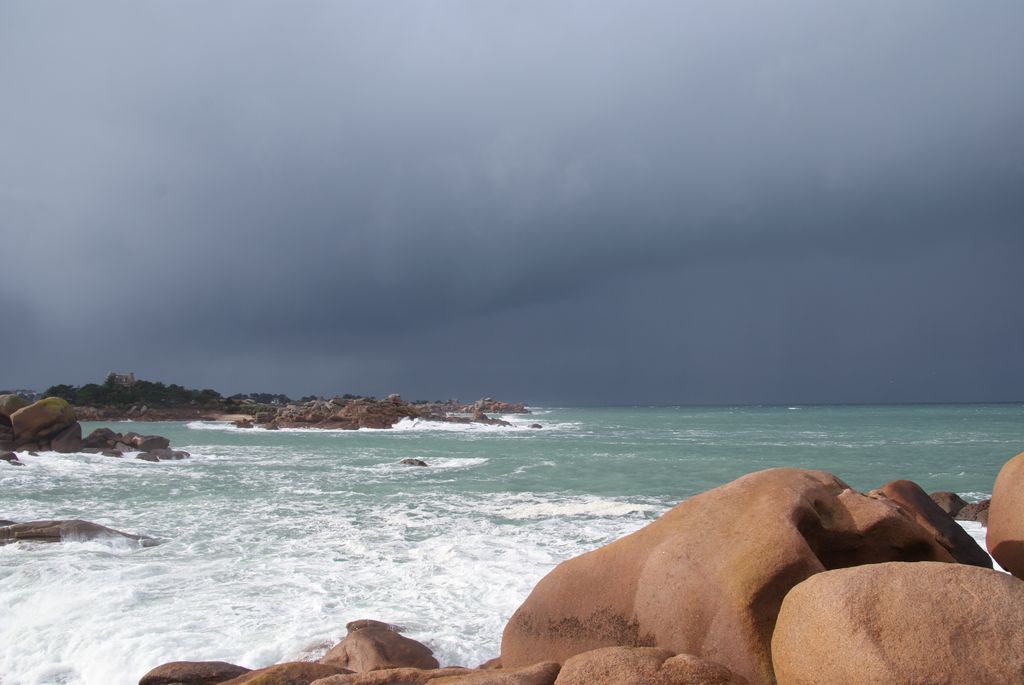
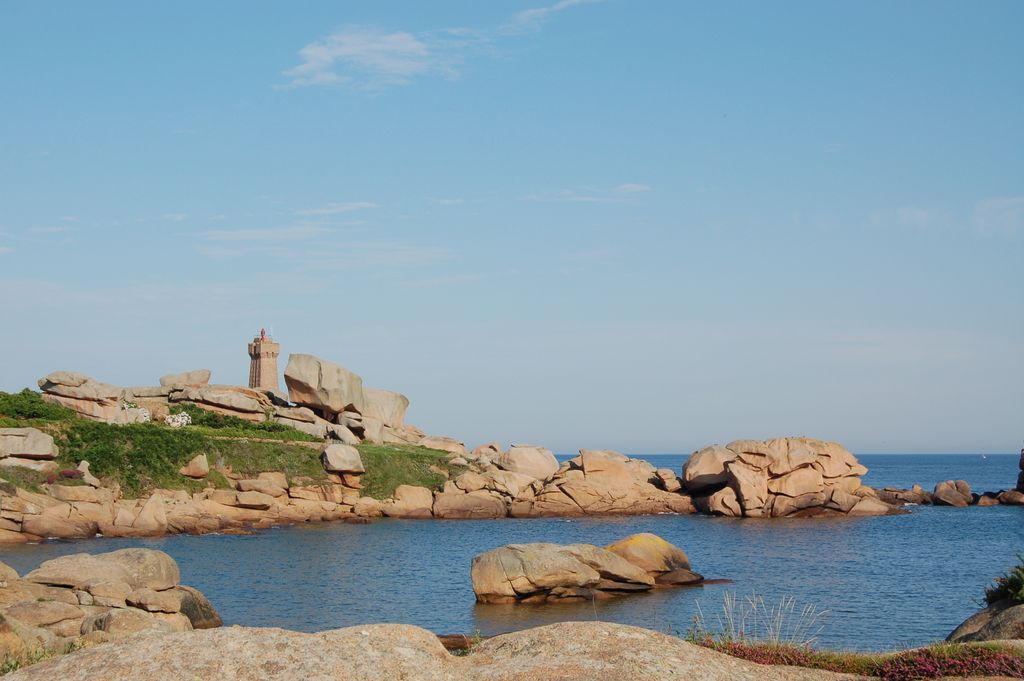
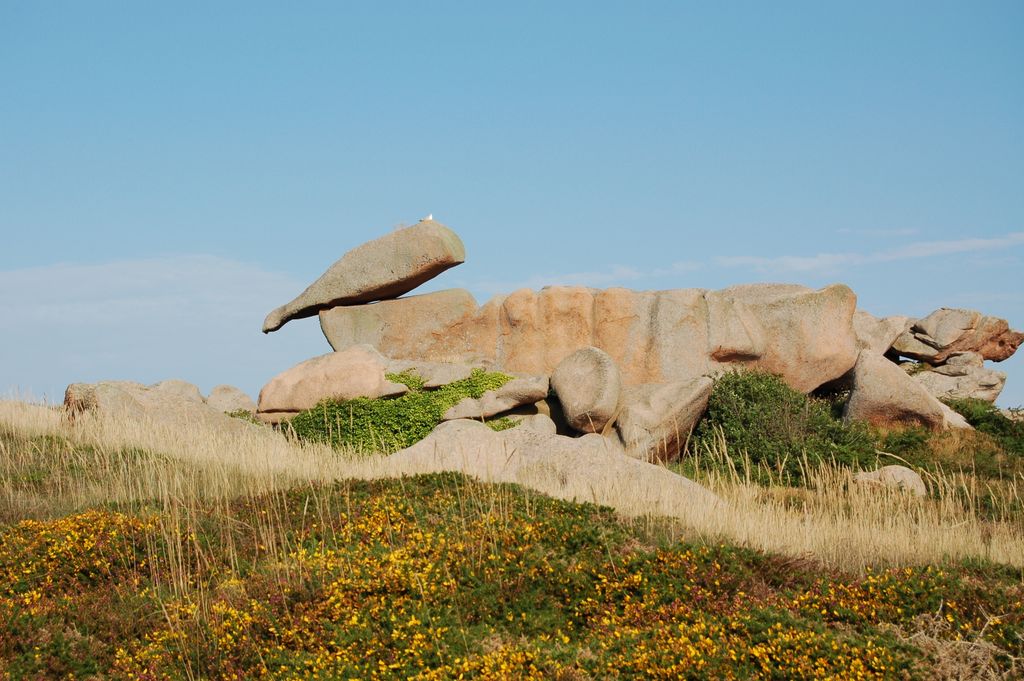
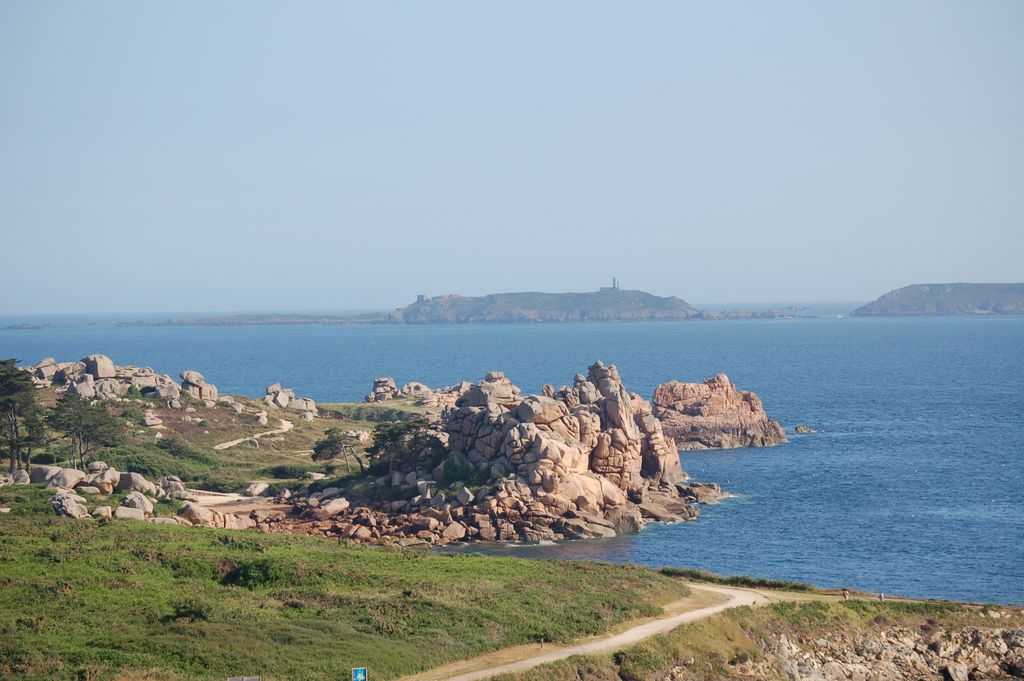
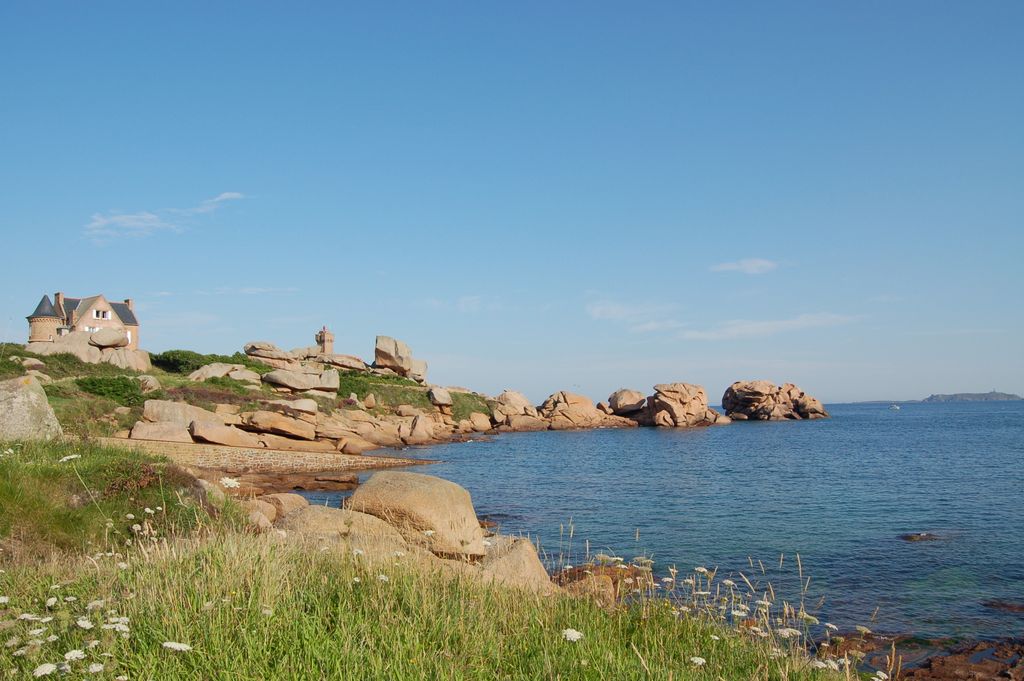
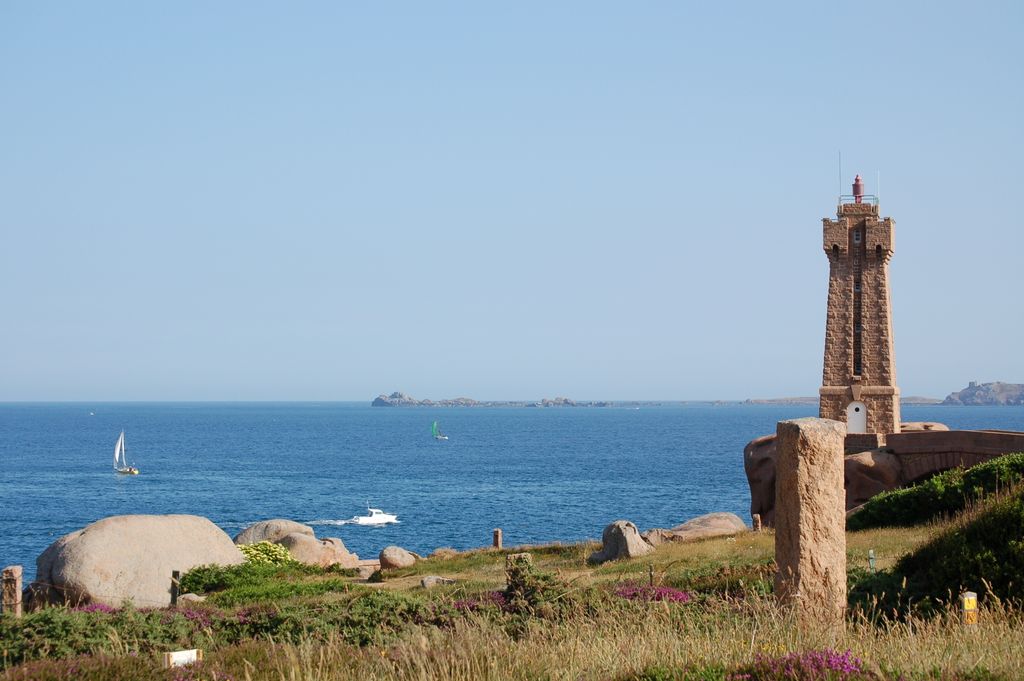
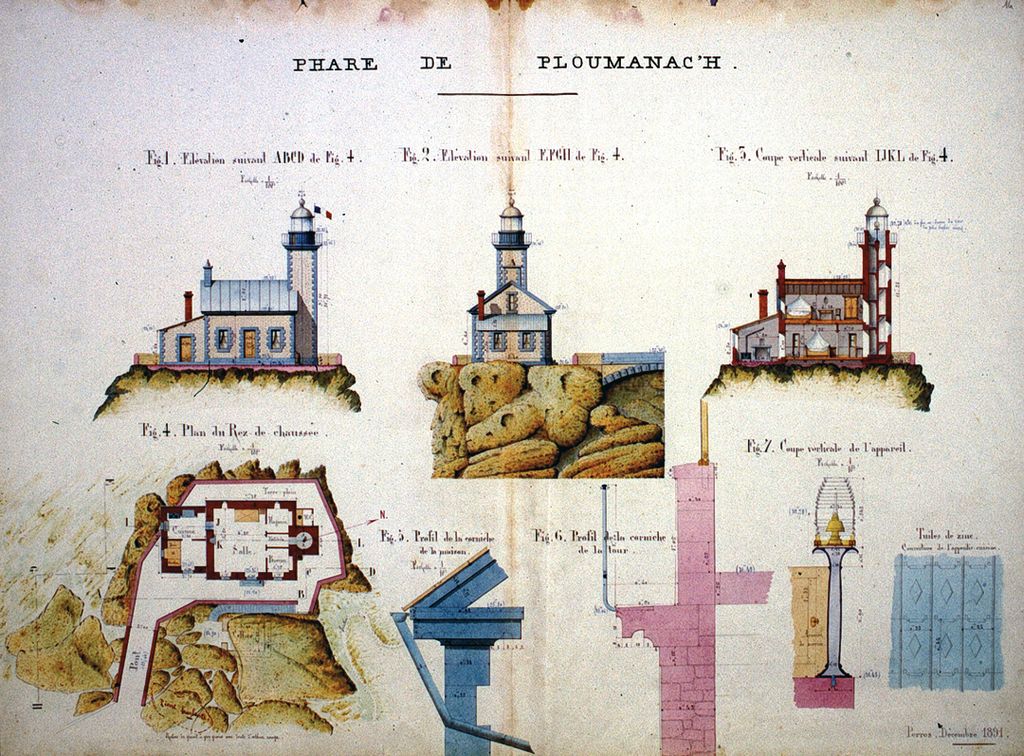
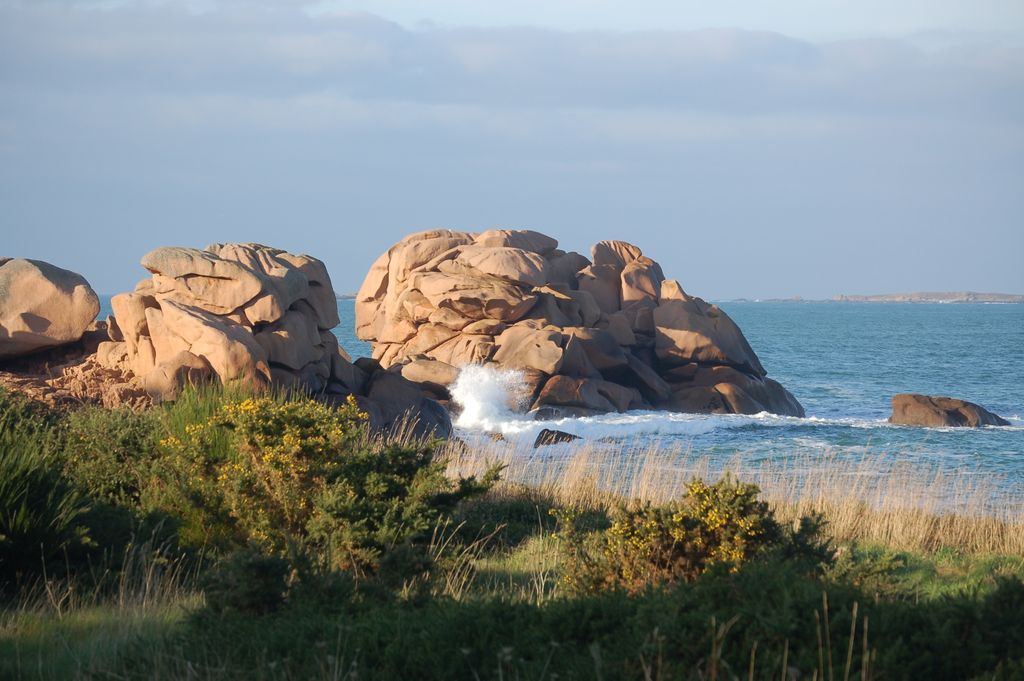
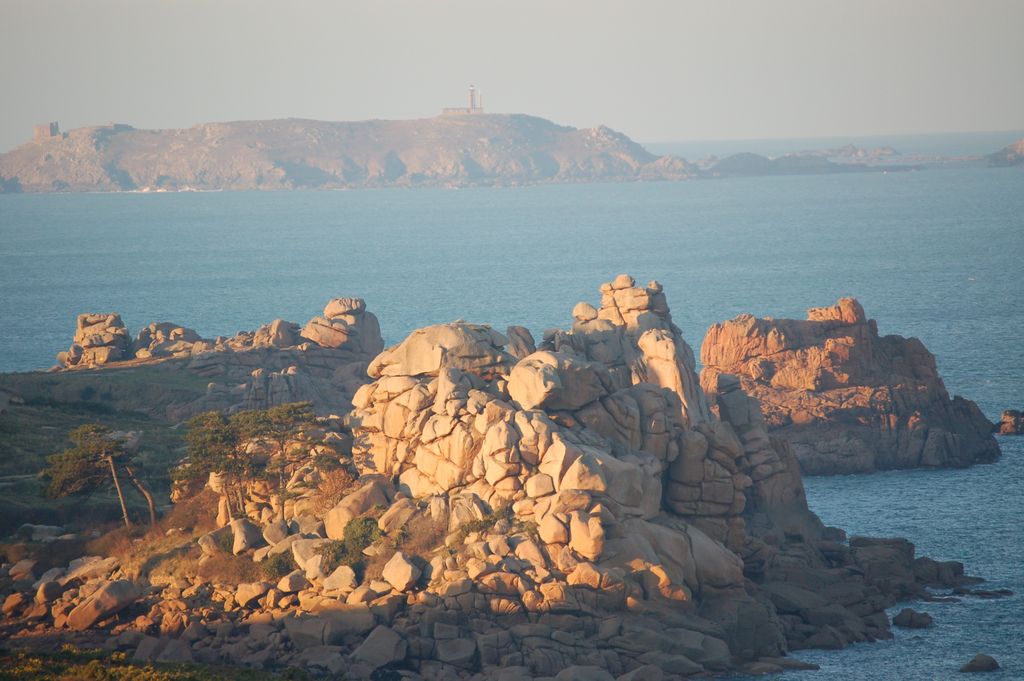
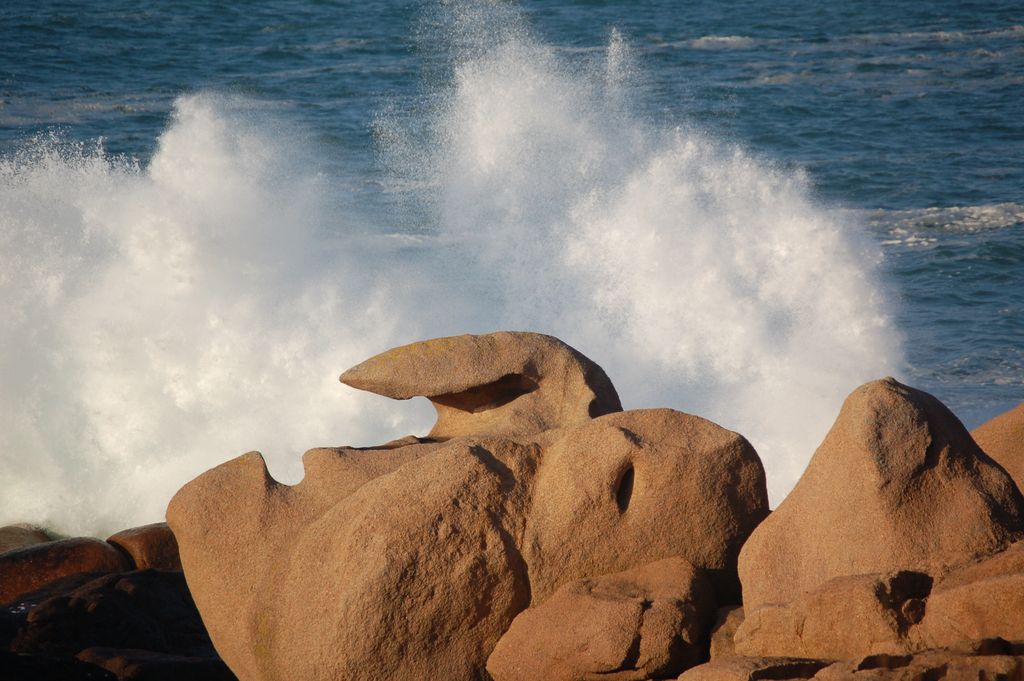
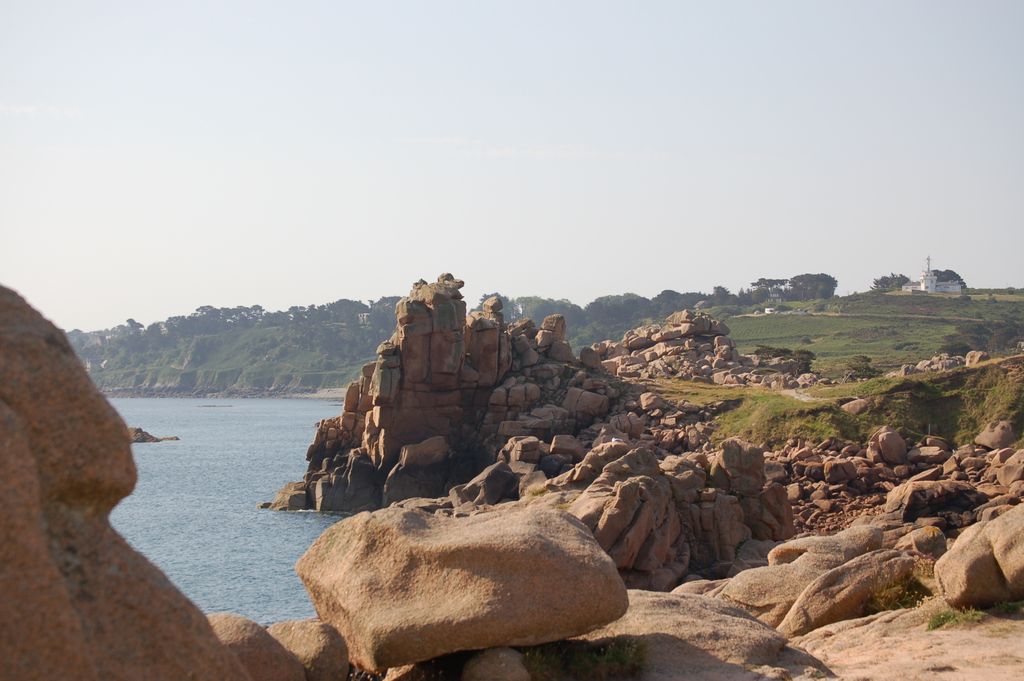
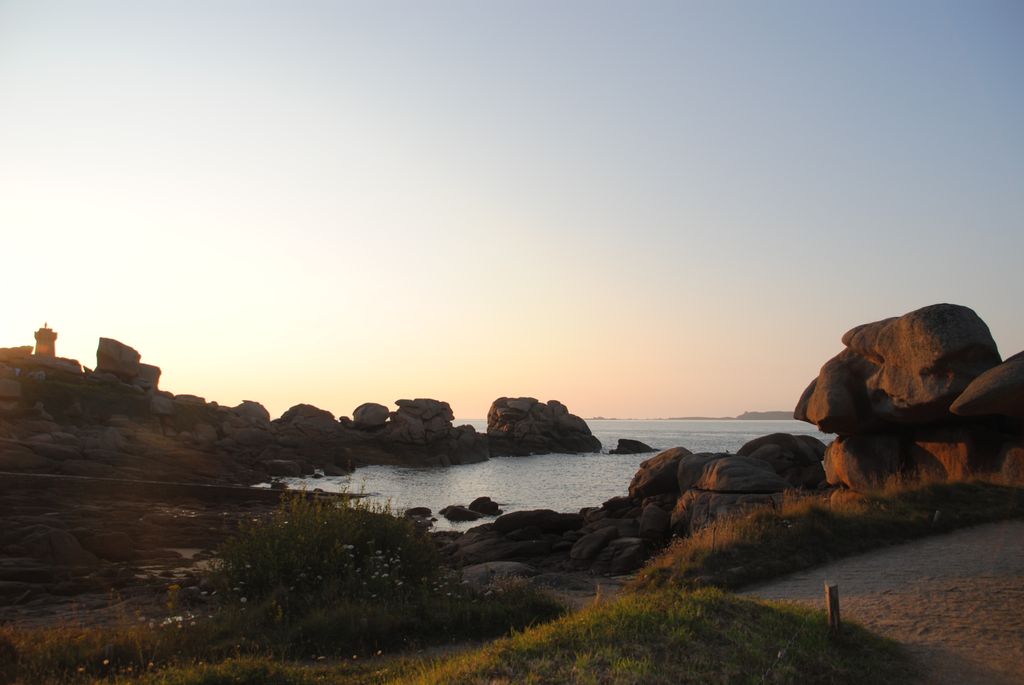
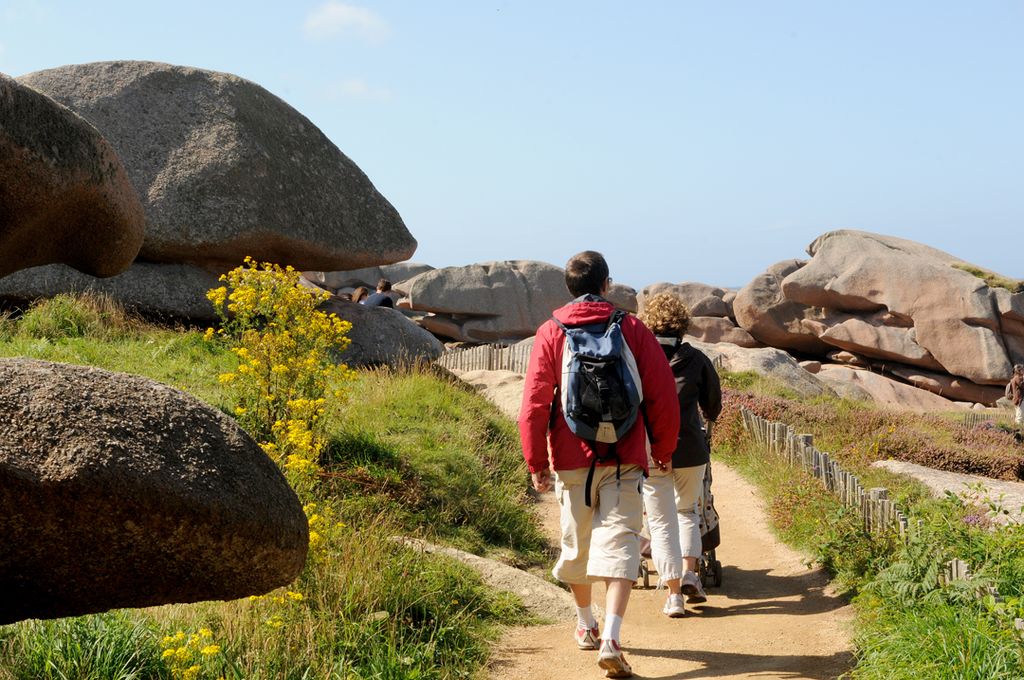

About
The pink granite lighthouse stands in the middle of the chaotic rock formations formed by the erosion of cooled magma then shaped by the rain, salty sea spray and wind. Its name, "phare de Mean Ruz", comes from the Breton "Men Ruz", meaning pink stone. The construction of the lighthouse was the result of a petition in 1856 by the residents of Perros-Guirec and Trégastel. Blown up with dynamite by German troops before their surrender in August 1944, the building has not always looked like it does today. Pink granite was used to rebuild the lighthouse in 1948, replacing the grey granite originally used in 1860. The lighthouse was automated in 1980.
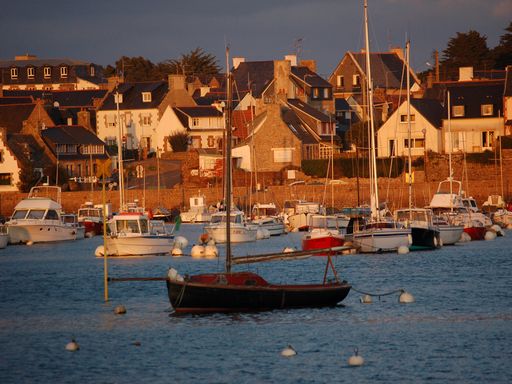

Ploumanac'h Harbour
Perros-Guirec
Naturally formed by the confluence of two streams 4,500 years ago, Ploumanac'h harbour is an exceptional location. Used from ancient times as a trading port, it was then home to a village of...  See
See
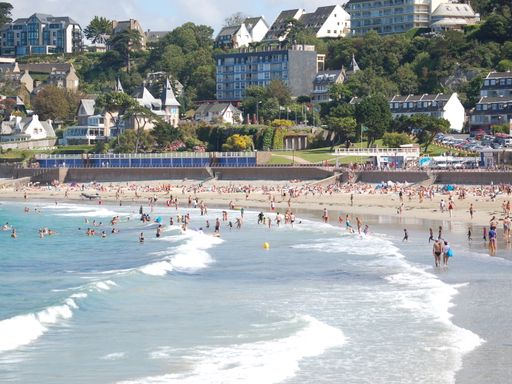

Trestraou beach
Perros-Guirec
The bay of Trestraou was at the root of the development of tourism in Perros-Guirec. In the nineteenth century, swimming in the sea was recognised for its curative qualities and became fashionable....  See
See
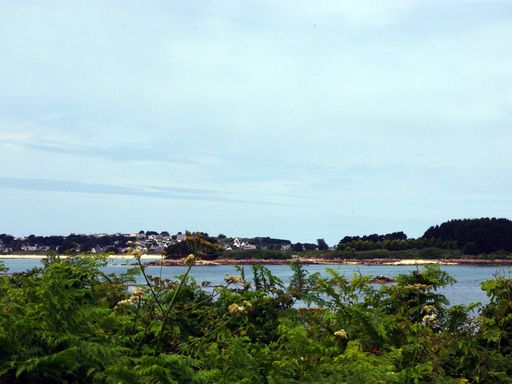

Keryvon
Pleumeur-Bodou
Walking along the beach at Keryvon, you will find a landscape shaped by the tides and by a special geological history. The presence of yellow sand and black rocks gives the area an unusual...  See
See
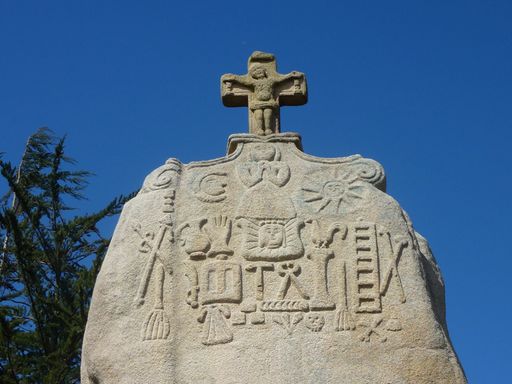

Saint Uzec menhir
Pleumeur-Bodou
A menhir 7.40 m high and 2 m wide stands in Saint-Uzec. Imagine our Neolithic ancestors transporting this huge block of granite weighing 60 tonnes! These megaliths probably fulfilled a religious...  See
See



